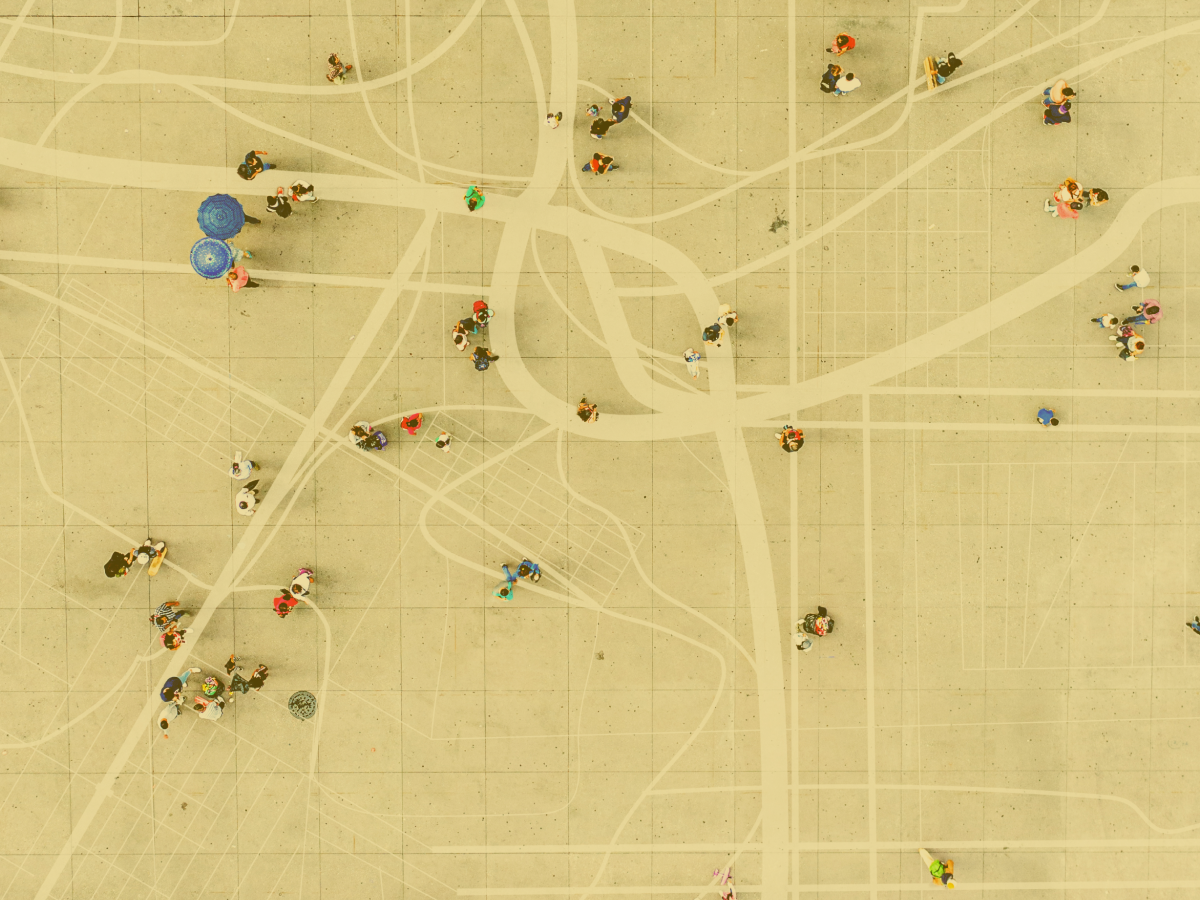This lecture was recorded on April 29, 2023, as part of the 2023 Asian American Theology Conference “Multiple Belongings in Transpacific Christianities: Christian Faith and Asian Migration to the US.” Find out more about the conference here: https://pts.events/events/aat-2023-mbtc/. Introduction by Dr. Easten Law of Princeton Theological Seminary.
Abstract: What does it mean to have an authentically Chinese perspective on life and the world? It is well-attested that many second-generation Chinese Americans take issue with their parents’ first-generation Chinese perspectives, and vice-versa. Although this can be attributable to age (e.g. 20th century vs. 21st century), and immigration (values of the “Old World” vs. the “New World”), it is also a function of the fact that the American categories of left, right, and center do not neatly fit within Chinese/Taiwanese political and cultural perspectives. This is where it becomes very confusing. How do we navigate and overcome these conflicting realities which are generational, cultural, and political in nature? Christianity offers some natural bridges with traditional Chinese culture, such as their mutual agreement on filial piety, honor/shame, and collectivism, as well as with Chinese American migrational reality of “strangers in exile.” Rather than simply a horizontal axis of “left” and “right,” a better spectrum would be a quadrant with horizontal and vertical axes reflecting not just politics but also generation/culture.













Thanks for a great idea incubator!
Let’s remember that at Pentecost, about 13, 14 ethnicities/cultures were present, The premium is on Christ, for all. We ar enew creations, not mutant cyborgs who keep all we were with all we have become as Christians – – new creations in Christ. Jesus is the bedrock, not any culture or tradition. The MAIN concern is not, how does the Gospel align with my heritiage; rather, I am transformed in Christ! Hallelujah! How now do I live, with our without any heritage/baggage I may have.